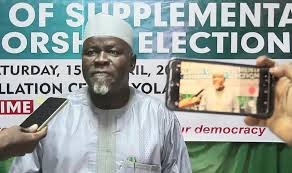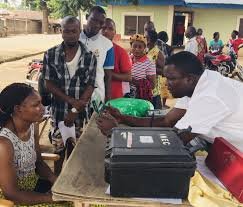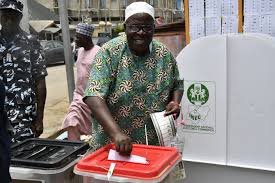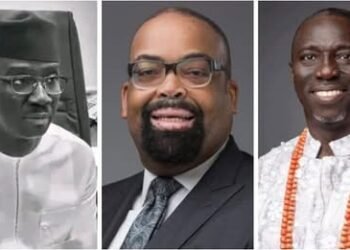The Bishop of the Catholic Diocese of Sokoto, Matthew Hassan-Kukah, stated on Sunday in Benin City that the failure of political parties and their candidates to sign the Peace Accord, shunning electoral violence, sends a wrong signal to Nigerians. He made this statement during the Edo Election Security Townhall, a program organized by Channels Television in partnership with the Kimpact Development Initiative and the UK International Development.
Although 17 political parties, including the All Progressives Congress (APC) and the Labour Party (LP), are fielding candidates in the September 21, 2024, Governorship Election in Edo State, the Peoples Democratic Party (PDP) shunned the pre-election ritual last week over allegations levelled against the police.
Kukah, one of the conveners of the National Peace Committee headed by former Head of State, General Abdulsalami Abubakar, said the group cannot force any candidate to sign the peace pact, which has become an electoral ritual in the last decade.
“The National Peace Committee’s actions are not based on the Electoral Act or law; they are moral. You cannot compel people to fall in love or love their neighbor.
“If you recall the 2015 election, Alhaji Atiku Abubakar, the PDP presidential candidate, was not present to sign the Peace Accord. The opposition capitalized on this, and the next day, he turned up to sign.
“What is also interesting is that the current president, when he was a presidential candidate, did not sign; it wasn’t our fault that the political opposition didn’t take advantage of it,” Kukah said.
“It’s a pity, but we won’t take anyone to court for not signing the Peace Accord. The only consequence is that it sends a wrong signal, which can be easily exploited by the opposition,” he added.
In September 2022, former Lagos governor and 2023 APC presidential candidate, Bola Tinubu, did not sign the Peace Accord, which his contenders penned. His running mate, ex-Borno governor Kashim Shettima, represented him.


























